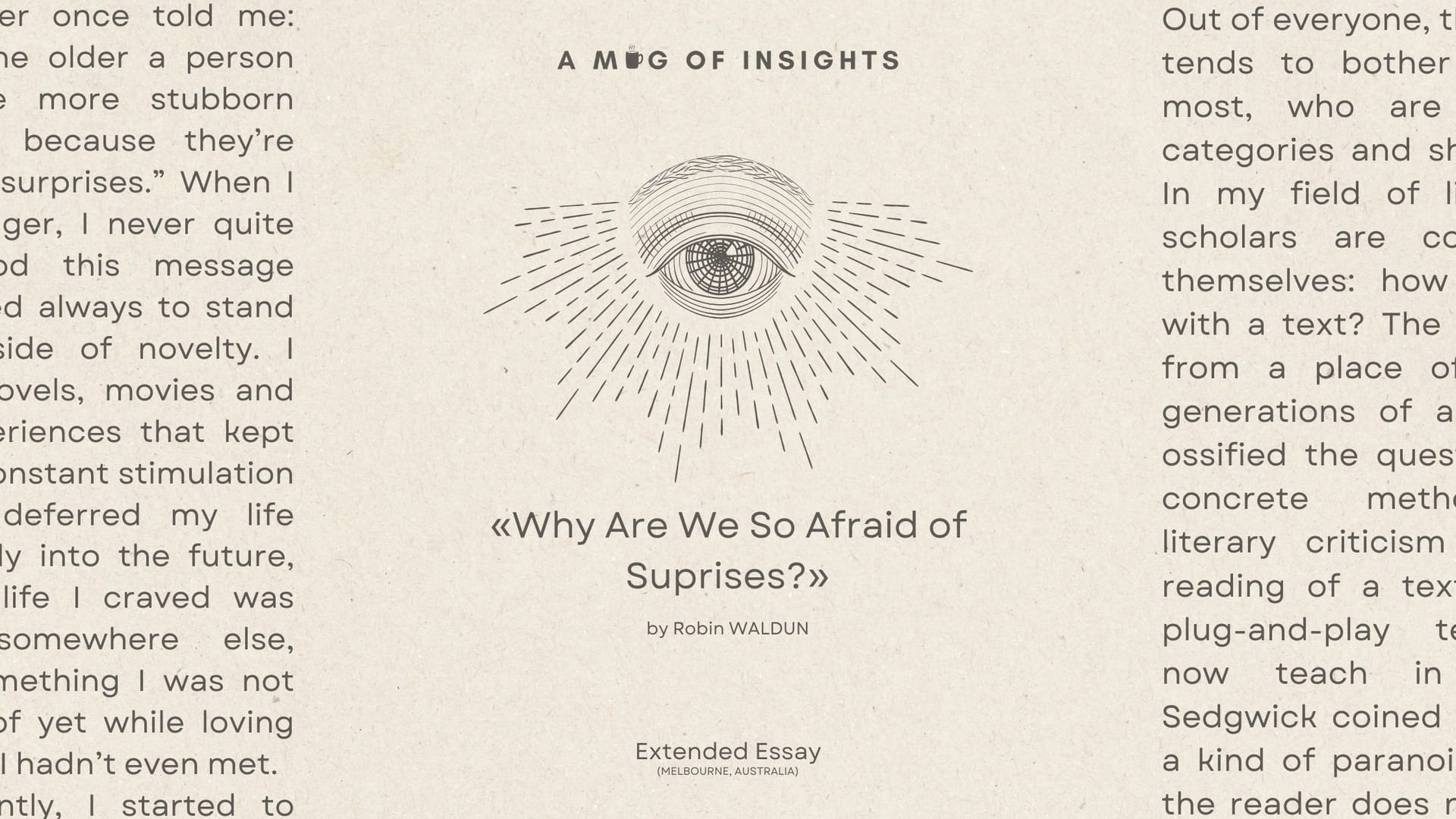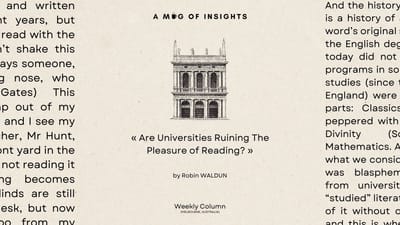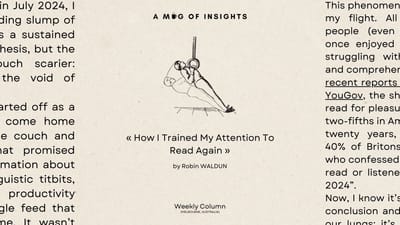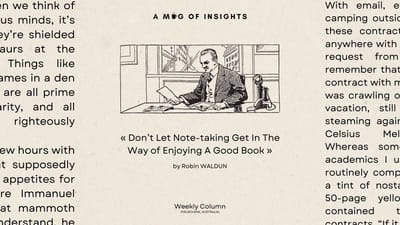Why Are We So Afraid of Surprises?

Why are you afraid of trying out something new?
My mother once told me: “Robin, the older a person gets, the more stubborn they are because they’re afraid of surprises.” When I was younger, I never quite understood this message and vowed always to stand on the side of novelty. I sought novels, movies and new experiences that kept me in a constant stimulation cycle. I deferred my life indefinitely into the future, and the life I craved was always somewhere else, doing something I was not capable of yet while loving someone I hadn’t even met.
But recently, I started to understand this stubbornness my mother warned me about. I graduated from university with honours grades and started working on my honours thesis before applying for a PhD candidacy. Meanwhile, my life is filled with a circle of supportive friends, a loving partner and occasional mishaps on a good night out. However, the more I actualized my youthful dreams, the more I felt this sneaking stubbornness. Sometimes it came out when I refused to read a novel I’d never heard of or declined an invitation to a university pub night because my head was too deep in what I was used to. When I met my partner for the first time, she routinely made fun of my habit of cycling through three cafes when I was around the CBD.
“Why are you afraid of trying out something new?” was the question that prefaced our first date.
What I struggled to articulate at the time I can now articulate in the words of my mother: people become more stubborn because they’re afraid of surprises. The older we get, we tend to value maintenance over exploration, and surprises slowly turn from something exciting to something disorientating.
Paranoia In Literary Criticism
Out of everyone, this disorientation tends to bother academics the most, who are obsessed with categories and sharp distinctions. In my field of literary criticism, scholars are constantly asking themselves: how do we engage with a text? The question started from a place of curiosity. Still, generations of academics slowly ossified the question into sets of concrete methods, morphing literary criticism from an open reading of a text to a series of plug-and-play techniques they now teach in tutorials. Eve Sedgwick coined this tendency as a kind of paranoid reading where the reader does not read the text but, obscured by their paranoia, wants their method to eliminate any surprises that might destabilize them. D. A. Miller puts it best in his book: The Novel and the Police:
Subscribe to continue reading



